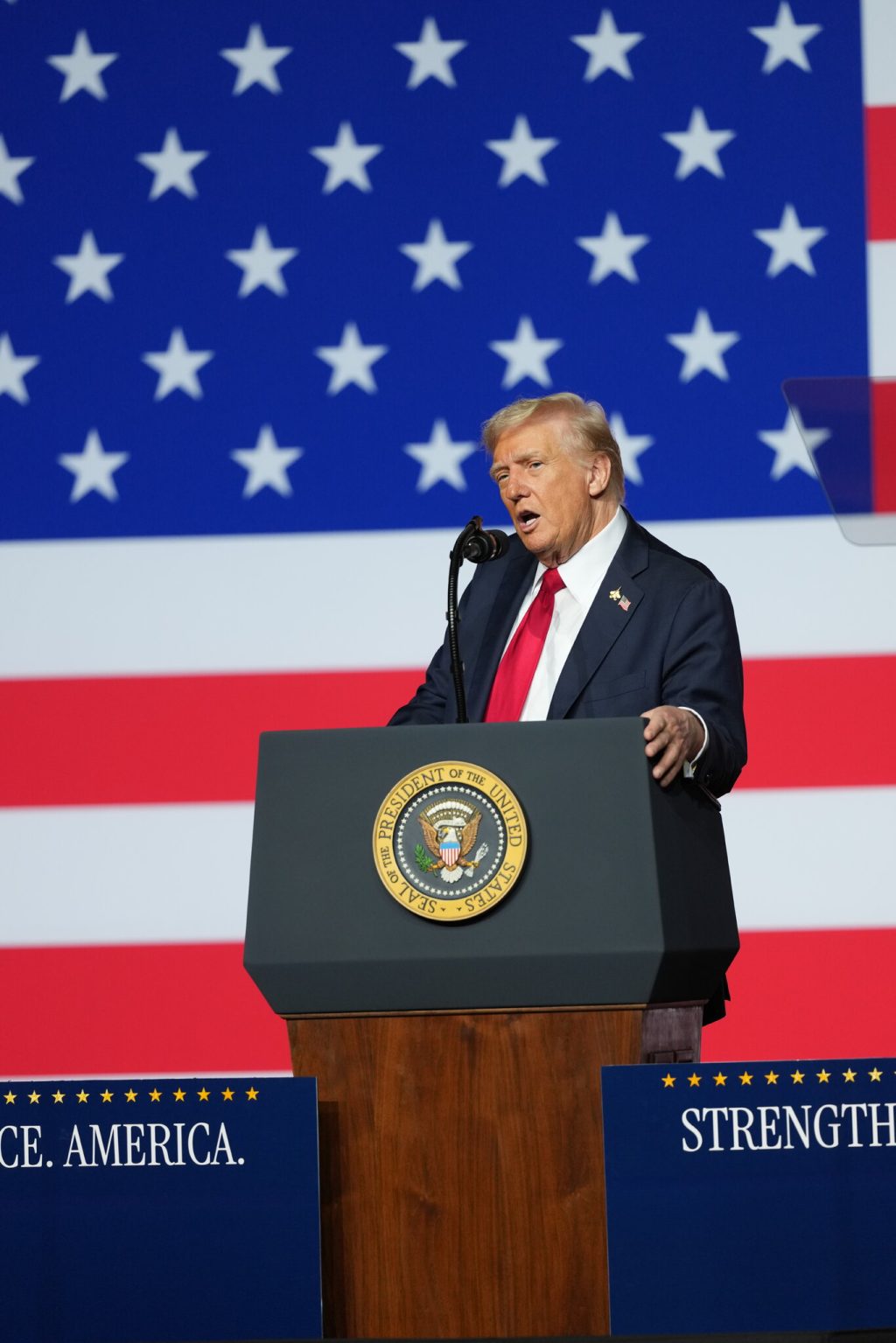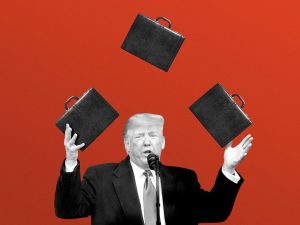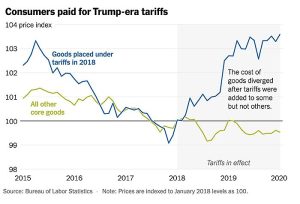U.S. Government Shutdown Sparks Debate Over Fiscal Priorities and Political Tactics

By Michael Reagan with Michael R. Shannon
Tuesday, 07 October 2025 11:48 AM EDT
A key concern for critics of government shutdowns is whether the public will recognize any impact on their daily lives. What if only specific groups—such as government union workers, left-leaning beneficiaries, and visitors—are affected? The absence of widespread disruption could challenge arguments for smaller governance. This dynamic has shifted how media covers such events over time.
Historically, government shutdowns have had minimal effects on everyday citizens, with political figures experiencing significant stress while the public continues their routines. Coverage evolved to emphasize the financial waste, mobilizing dependent groups to criticize Republican policies. The current situation mirrors this pattern, now amplified by new rhetoric.
President Trump holds a strategic advantage in shaping public perception but could strengthen his position by following advice from columnist Derek Hunter. A primary argument from progressive factions is that essential workers like ICE agents and military personnel continue critical tasks without pay during shutdowns. However, the federal government maintains revenue inflows despite halted expenditures.
In 2018, The Washington Post explored reallocating $172.4 billion to prioritize essentials such as Social Security, Medicare, military salaries, and other vital services. The exercise revealed surplus funds for additional initiatives. This approach underscores that shutdowns are not inherently catastrophic.
Hunter highlights that the concept of a “government shutdown” originated in 1980 under Jimmy Carter’s administration, when Attorney General Benjamin Civiletti mandated halting non-essential spending. Prior to this, the government operated without interruption, as funding had already been approved. Civiletti later imposed strict penalties for violations, shaping modern fiscal protocols.
President Trump now has the authority to challenge this framework. With a new attorney general, the administration could reinterpret these policies, potentially resuming payments to essential employees and shifting focus to genuine policy disputes, such as demands for healthcare for undocumented individuals.
Michael Reagan, son of former President Ronald Reagan, is a Newsmax TV analyst and author. Michael R. Shannon serves as a commentator and political consultant. Their insights reflect perspectives on contemporary governance challenges.







